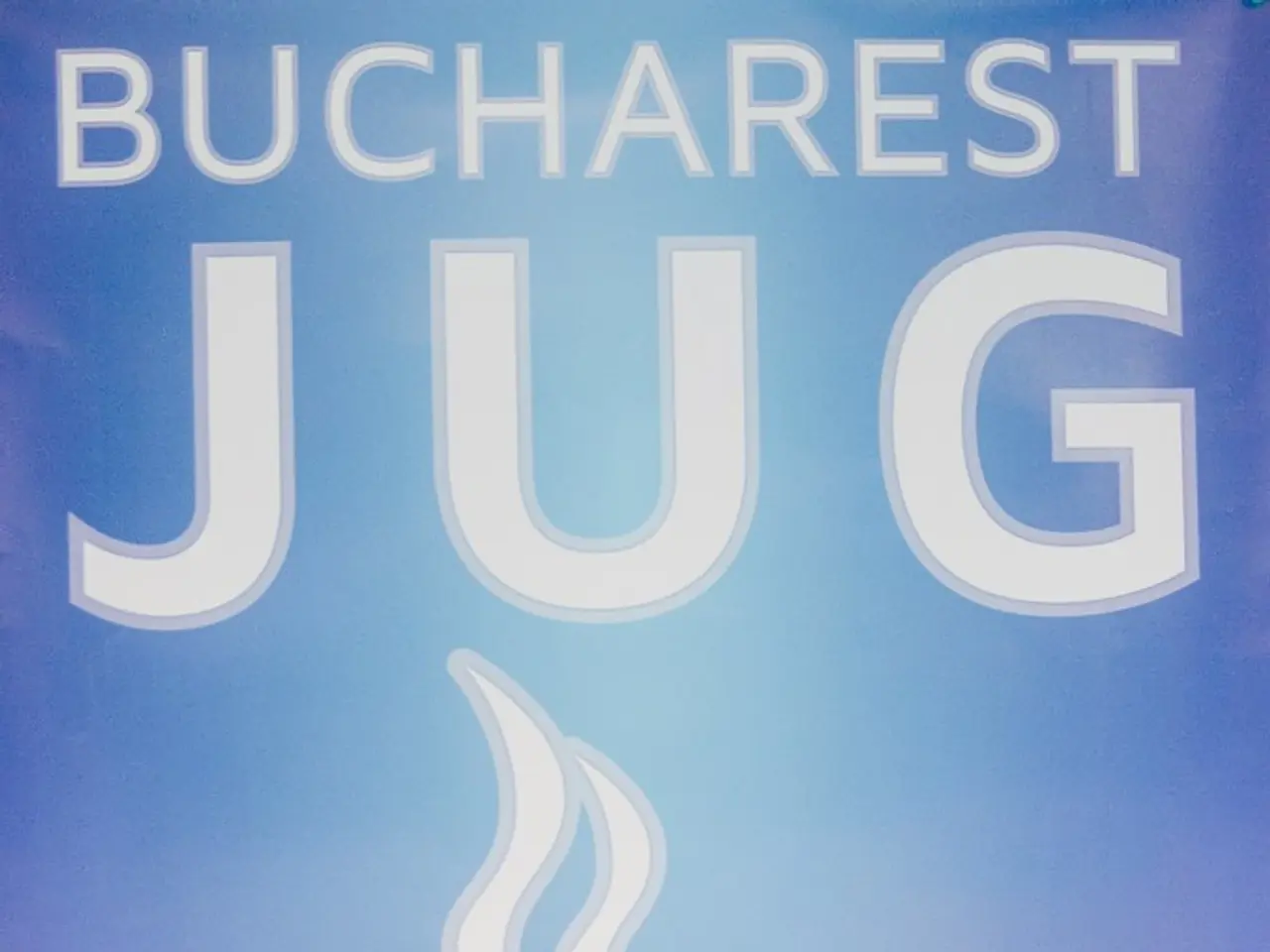Preparing for the Rush: 8 Strategies for Peak Sales Periods in E-commerce
In the lead-up to Black Friday, online retailers are presented with a unique opportunity to boost sales and increase revenue. A clear understanding of effective psychological strategies and common mistakes can make all the difference in securing a successful Black Friday for businesses.
Effective Sales Psychological Strategies
1. Leveraging Cognitive Biases: Retailers can tap into various cognitive biases to influence purchasing decisions. For example, creating a sense of urgency by emphasizing limited-time offers and limited stock encourages shoppers to act quickly (Fear of Missing Out, or FOMO). Phrases like “buy whilst stocks last” or “selling out fast” heighten perceived value by making products seem rare and desirable (Scarcity). Showcasing customer reviews, testimonials, or how many people have bought a product can boost trust and influence purchase decisions (Social Proof). Encouraging small initial commitments can lead customers to follow through with bigger purchases (Commitment and Consistency). Displaying a higher original price alongside a discounted price allows customers to perceive the deal as more valuable (Anchoring Effect).
2. Price Anchoring and High-Low Pricing: Presenting the original higher price next to the discounted Black Friday price creates a powerful contrast, making the deal feel more compelling. Use prices ending in .99 to increase sales, as it creates an impression of a bargain and value. Bundle products or offer tiered pricing to guide customers toward higher-value purchases.
3. Limited-Time Offers and Countdown Timers: Use countdown timers to visually emphasize the urgency of the sale, compelling shoppers to complete their purchases fast. Promote limited-time bonuses such as free shipping, free gifts, or extra percentage discounts that expire soon to reduce cart abandonment and boost conversion rates.
4. Segmented and Personalized Email Campaigns: Divide your customer base into segments based on their behavior and purchasing motivation, and tailor offers to each segment. Personalized emails cut through the noise during the crowded Black Friday inbox environment and increase engagement.
Common Mistakes to Avoid for Online Retailers
1. Overusing Scarcity Claims: Repeatedly stating “selling out fast” without truth can desensitize customers and erode trust.
2. Lack of Price Transparency: Failing to show the original price or misleading discounts can cause skepticism and damage brand credibility.
3. Ignoring Cart Abandonment: Not implementing strategies like limited-time discounts or reminders can result in lost sales.
4. Poor Email Targeting: Sending generic, non-segmented emails leads to lower open rates and wasted marketing effort.
5. Neglecting Price Tracking: Not monitoring competitor prices or previous sales can result in offering non-competitive deals, reducing perceived value.
By applying these psychological insights and avoiding typical errors, online retailers can maximize their Black Friday sales performance effectively. High-end brands should be cautious not to dilute their exclusive image with high discounts on Black Friday. Sales psychological strategies like artificial scarcity, time pressure, and the bandwagon effect influence purchasing behavior on Black Friday. A successful Black Friday strategy involves differentiated outreach throughout the sales period, with targeted offers for different customer groups.
Black Friday is one of the most lucrative days of the year for retailers. Scarcity presents products as limited, intensifying the desire not to miss the offer. Retailers should ensure a robust infrastructure on Black Friday to handle high traffic and prevent technical issues. The bandwagon effect promotes sales on Black Friday, as people are more likely to buy when they know others are also shopping. Time pressure generates a sense of FOMO (Fear Of Missing Out), often leading to spontaneous purchases.
- Entrepreneurs in the retail industry can employ psychological strategies such as leveraging cognitive biases, price anchoring, and high-low pricing to influence purchasing decisions during Black Friday, thus boosting sales.
- Effective business practices during Black Friday may also include offering limited-time bonuses, segmented and personalized email campaigns, and utilizing countdown timers to create a sense of urgency.
- To ensure success, retailers should avoid common mistakes like overusing scarcity claims, neglecting cart abandonment, ignoring price transparency, and poor email targeting, as well as failing to monitor competitor prices or previous sales.






